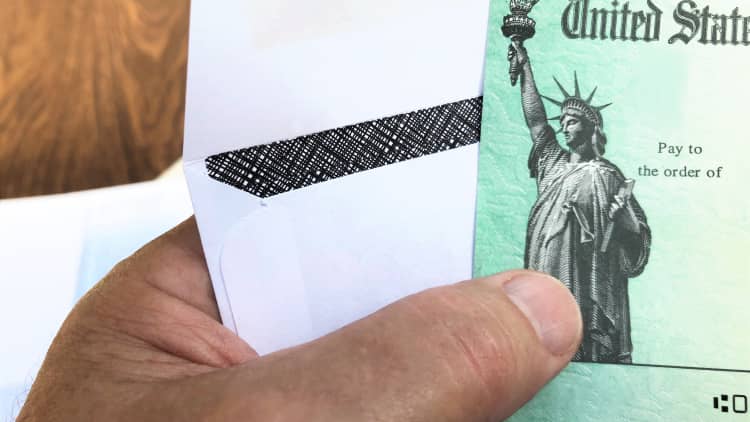Social Security has likely touched your life or the life of someone you know. This safety net provides income for beneficiaries including retired and disabled workers, and their dependents.
While you're working, a chunk of your paycheck goes toward Social Security. When you're retired, it's often a key income stream.
"It's the biggest single source of income for American retirees," said Kathleen Romig, director of Social Security and disability policy at the Center on Budget and Policy Priorities.
"Without Social Security, older Americans would have a poverty rate of 38%. In reality, they have a poverty rate of 10%," she said.
In 2023, nearly 70 million Americans will receive a Social Security benefit every month. For the year, that's more than $1 trillion in benefits paid out. The benefit is most crucial for the 22 million Americans it keeps out of poverty. That figure includes nearly 15 million seniors and one million children.
Social Security is a lifeline for millions of Americans, but there are some concerns about the program's future.
The Social Security Board of Trustees projected in its annual report that the combined asset reserves of the Social Security trust funds will become depleted in 2034, one year sooner than previously projected. At that point, it's projected that 80% of benefits will be payable.
"Social Security solvency isn't just a matter of federal bookkeeping. It is a matter of how we protect Americans who depend on this program the most," said Andrew Biggs, senior fellow at the American Enterprise Institute.
So, is Social Security going to run out? The short answer is no. But if it were as simple as that, we wouldn't have made the video above.
"It's not the first time that we've had a discussion on a national level about Social Security solvency. The good news is that it has been fixed before," said CNBC personal finance reporter Lorie Konish.
Watch the video above to learn more.







